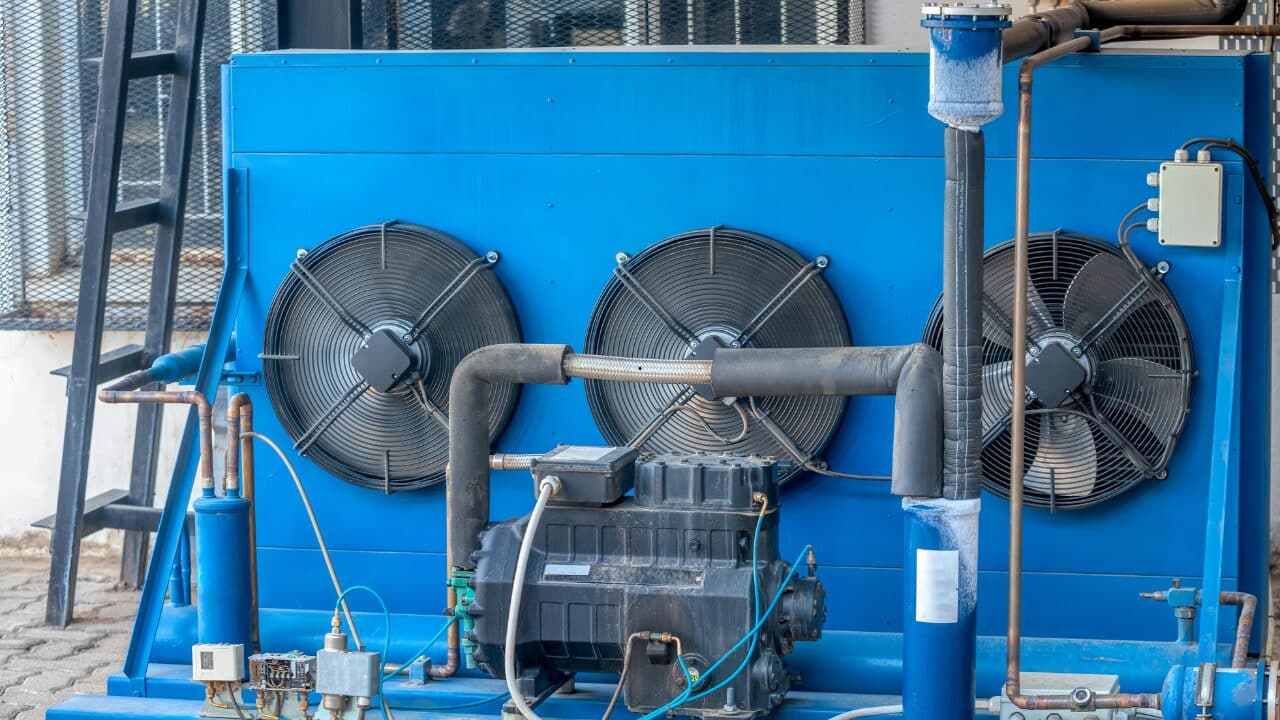The HVAC industry, encompassing a wide range of AC & heating services, ensures comfort in residential and commercial buildings. Professionals in this field require specific certifications to demonstrate their expertise and compliance with industry standards.
This article will explore the various certifications HVAC professionals need, their importance, and the process to obtain them.
Table of Contents
The Importance of Professional Certification in HVAC
In the HVAC industry, professional certifications are not just about acquiring technical skills; they are a testament to a technician’s commitment to quality, safety, and professionalism.
These certifications ensure that HVAC professionals are up-to-date with technology, methodologies, and safety protocols. Moreover, they assure customers that the technicians they hire are qualified and reliable.
Core Certifications for HVAC Technicians
Various certifications are available for HVAC professionals, each serving a different purpose and specialization. Let’s look at some of the core certifications in the industry.
EPA Section 608 Certification
The EPA Section 608 Certification is essential for any HVAC technician who handles refrigerants. This certification is not just a professional requirement but a legal one designed to ensure that technicians know the environmental regulations concerning refrigerant handling.
The certification is divided into four categories, each tailored to different appliances and systems. Type I certification is for technicians working with small appliances, while Type II is for those specializing in high-pressure appliances. Type III is for technicians dealing with low-pressure appliances.
For those looking to demonstrate comprehensive knowledge across all categories, the Universal certification covers all kinds of equipment.
NATE Certification
The North American Technician Excellence (NATE) certification is highly regarded in the HVAC industry, symbolizing a standard of excellence. Holding a NATE certification indicates that a technician has achieved a level of proficiency respected and recognized across the industry.
This certification encompasses various specializations, allowing technicians to demonstrate their expertise in specific areas. These specializations include air conditioning, heat pumps, and gas heating, offering technicians a path to showcase their skills in particular aspects of HVAC systems.
Additional Specialized Certifications
In addition to the fundamental certifications, HVAC technicians can further their expertise and marketability through additional specialized certifications.
The HVAC Excellence Certification, for example, has two levels: the Professional Level for technicians with at least two years of field experience and the Master Specialist Level, designed for those with more extensive experience and a deeper understanding of HVAC systems.
Similarly, the Refrigeration Service Engineers Society (RSES) offers certifications that focus on the technical aspects of HVACR (Heating, Ventilation, Air Conditioning, and Refrigeration). These certifications cover a range of areas, from commercial air conditioning to domestic service and HVACR electrical systems, offering technicians a pathway to specialize in areas that align with their career goals and interests.
Licensing Requirements
- Varies by State: HVAC technicians often need to be licensed, but the requirements vary by state.
- Typical Requirements: These may include a certain number of years of experience, passing a state examination, and holding specific certifications like the EPA Section 608.
The Certification Process
Becoming a certified HVAC professional involves several key stages, each designed to build the technician’s knowledge and practical skills.
Training and Preparation
The journey often begins with formal educational programs. Many HVAC technicians start their careers by enrolling in programs offered by trade schools or community colleges. These programs provide foundational knowledge in HVAC principles, systems, and technologies.
However, theoretical knowledge is just one part of the equation.
Hands-on experience is equally crucial. Apprenticeships or on-the-job training programs are integral to this process, as they allow aspiring technicians to apply their classroom learning in real-world scenarios under the guidance of experienced professionals. This combination of education and practical training prepares technicians for the complexities and challenges of the HVAC field.
Examination
After completing their training, technicians must demonstrate their proficiency through examinations. Most certifications in the HVAC industry require passing a written examination.
These exams test a technician’s understanding of HVAC system installation, maintenance, and repair, and industry standards and regulations. The rigor and depth of these exams ensure that only qualified individuals receive certification.
Continuing Education
The HVAC industry continually evolves, with new technologies, techniques, and regulations emerging every day. As a result, some certifications require ongoing education. Continuing education ensures that HVAC technicians stay current with industry changes and advancements.
It might involve attending workshops, seminars, or additional courses. This commitment to ongoing learning is crucial for maintaining high professional standards and ensuring that HVAC technicians can provide the best service to their clients.
Elevating Professional Standards in HVAC
Certifications for HVAC professionals are essential for ensuring quality service and compliance with industry standards. They validate a technician’s skills and knowledge and contribute to their professional growth and customer trust.
For those aspiring to excel in the HVAC field, obtaining these certifications is a critical step in building a successful and reputable career. By staying informed and educated, HVAC professionals can continue to provide vital services that ensure comfort and safety in our homes and workplaces.





